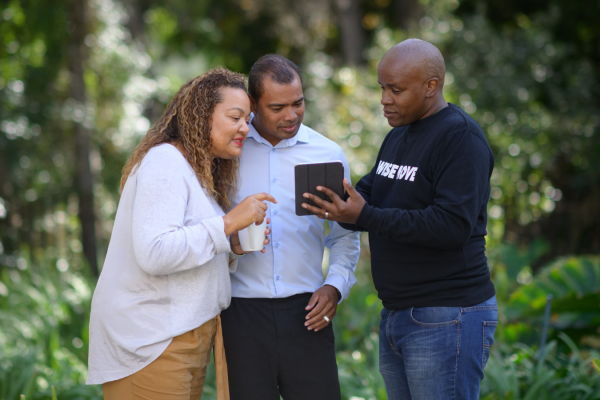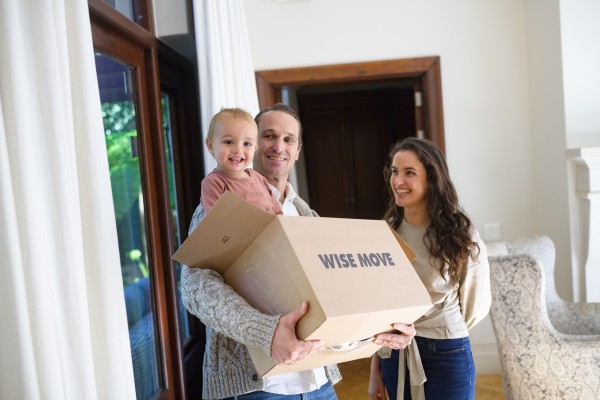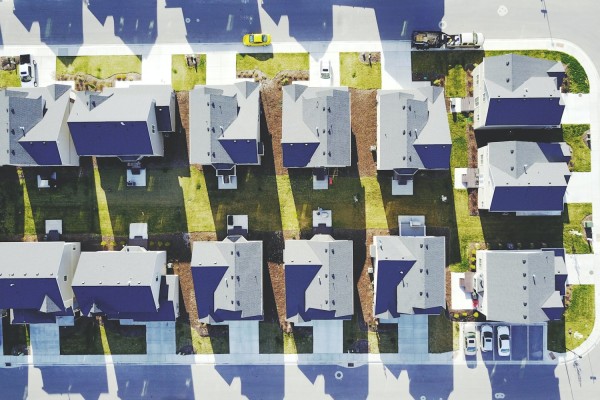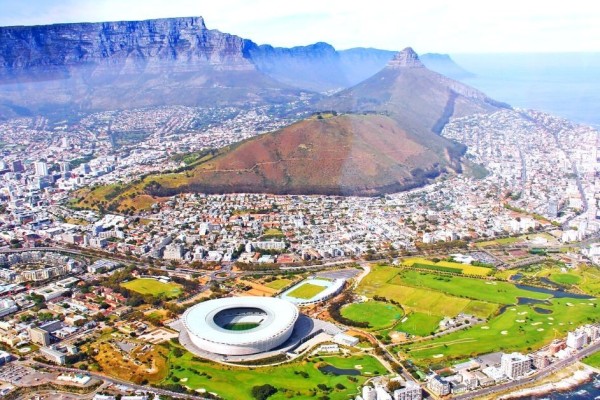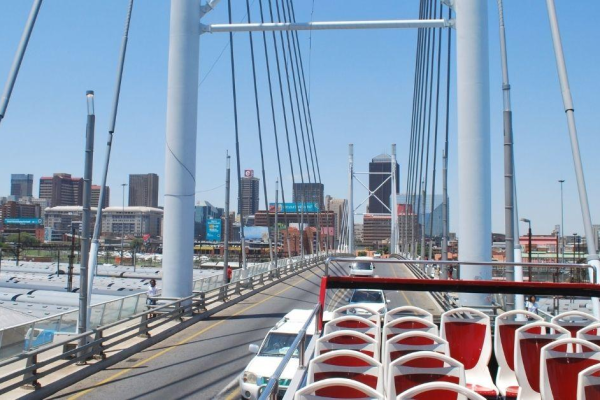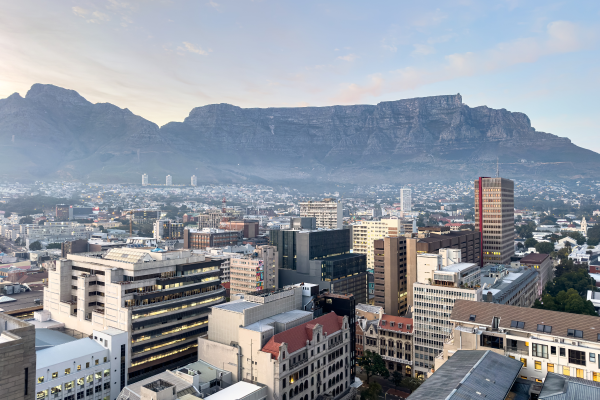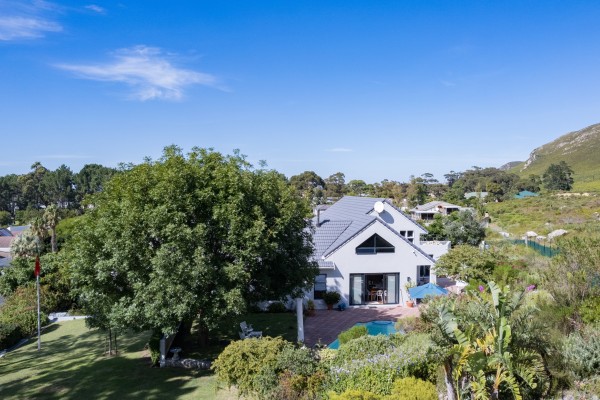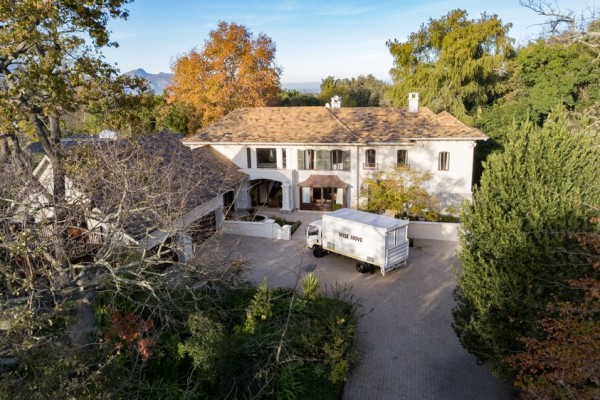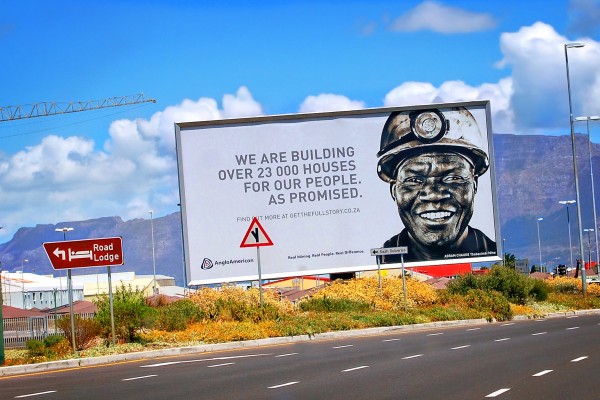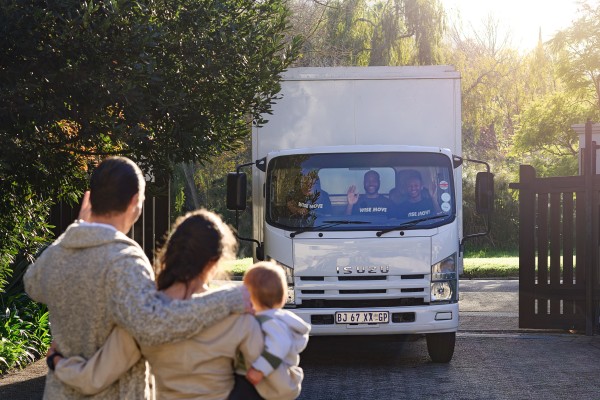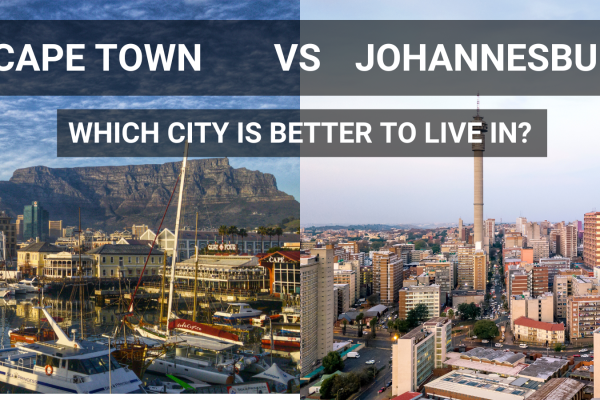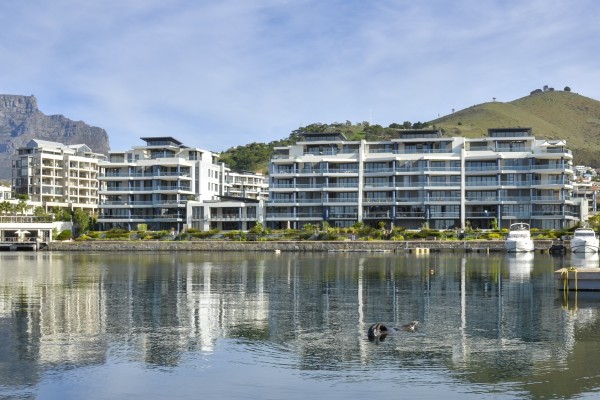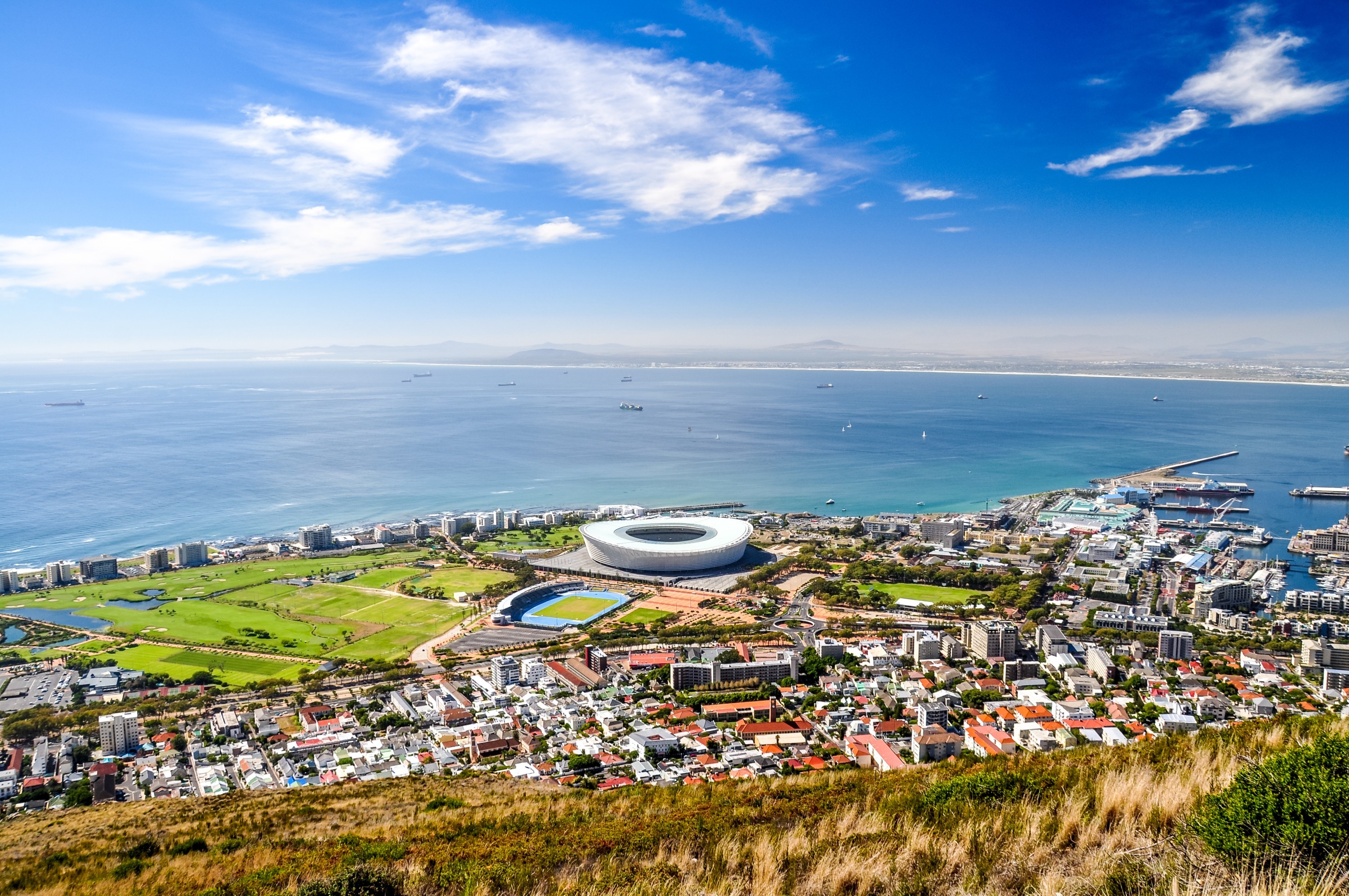
South Africa is a paradise for non-homebodies. The country is blessed with glorious landscapes, wildlife, weather, street life and sport. But if you decide to live here, you’ll still need to keep your home fires burning. We all have to sleep and cook and store our things somewhere. So, just how much do you need to earn to live comfortably here in 2025?
Whether you're relocating to Cape Town for its breathtaking views, moving to Johannesburg for career opportunities, or settling into Durban for a more relaxed pace, understanding the cost of living is essential.
Everyone wants a good life, but in sunny SA, we need to factor in a few extra costs before we can calculate the magic number.
Some costs vary between big cities like Cape Town, Johannesburg, Pretoria, and Durban. These cities all have higher costs of living than smaller towns or the countryside. They are, however, all much more affordable than cities in Europe, the UK, North America and Australasia.
Here’s a guide to how much you need to earn in 2025 to cover your living costs in South Africa.
What is 'comfortable living', anyway?
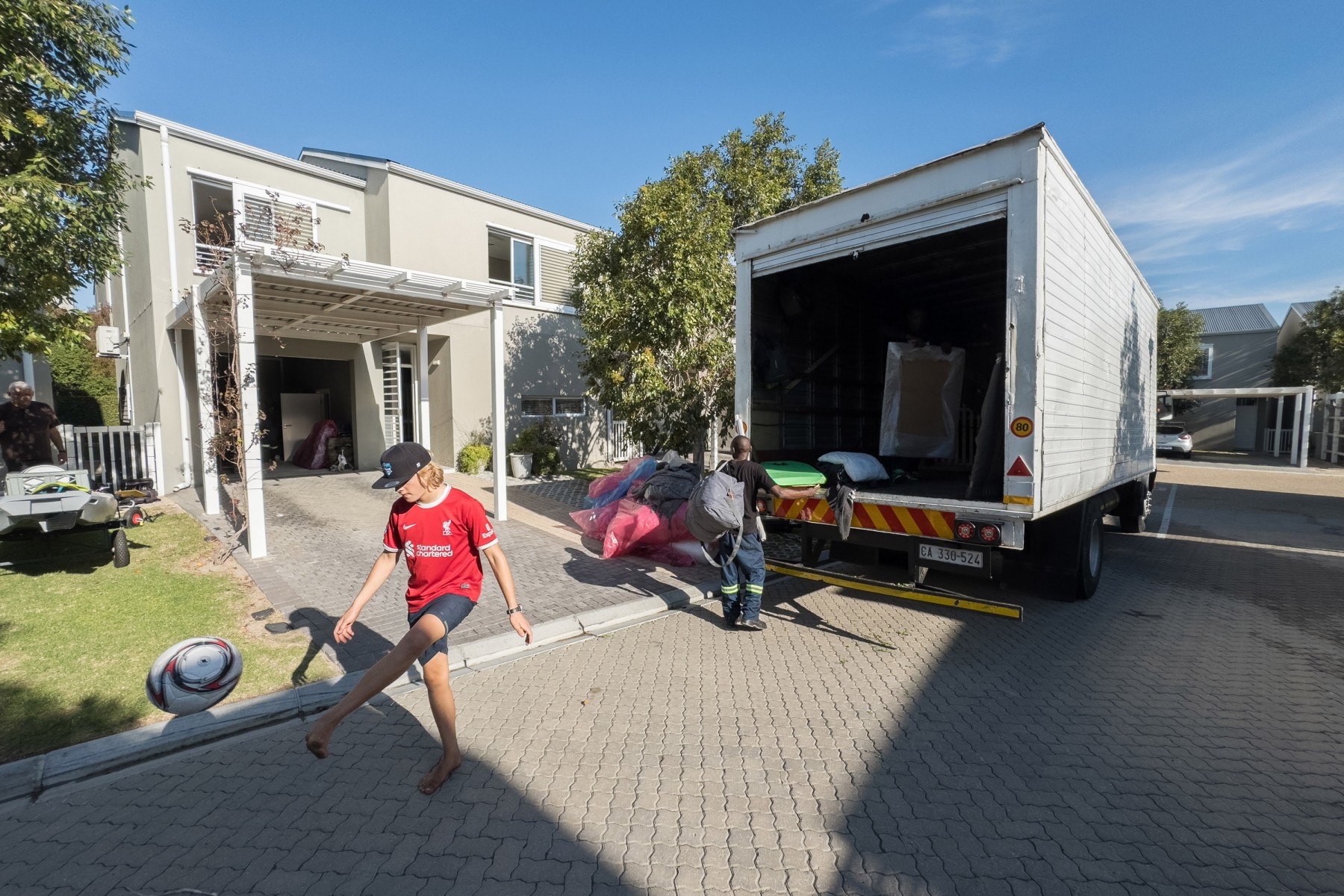 South Africa has a small minority of big earners and big spenders, for whom fancy cars, private schools, and large houses are the definition of a comfortable lifestyle. But for our purposes, we’ll define “comfortable” as an ordinary middle-class budget—enough to eat well, have a decent apartment or house, buy health insurance, and send one’s kids to a good state school. And then have a bit left over for entertainment, clothing and life’s little luxuries. We’ll also build in a slice of the budget for education and/or savings.
South Africa has a small minority of big earners and big spenders, for whom fancy cars, private schools, and large houses are the definition of a comfortable lifestyle. But for our purposes, we’ll define “comfortable” as an ordinary middle-class budget—enough to eat well, have a decent apartment or house, buy health insurance, and send one’s kids to a good state school. And then have a bit left over for entertainment, clothing and life’s little luxuries. We’ll also build in a slice of the budget for education and/or savings.
So what’s the cost of housing?
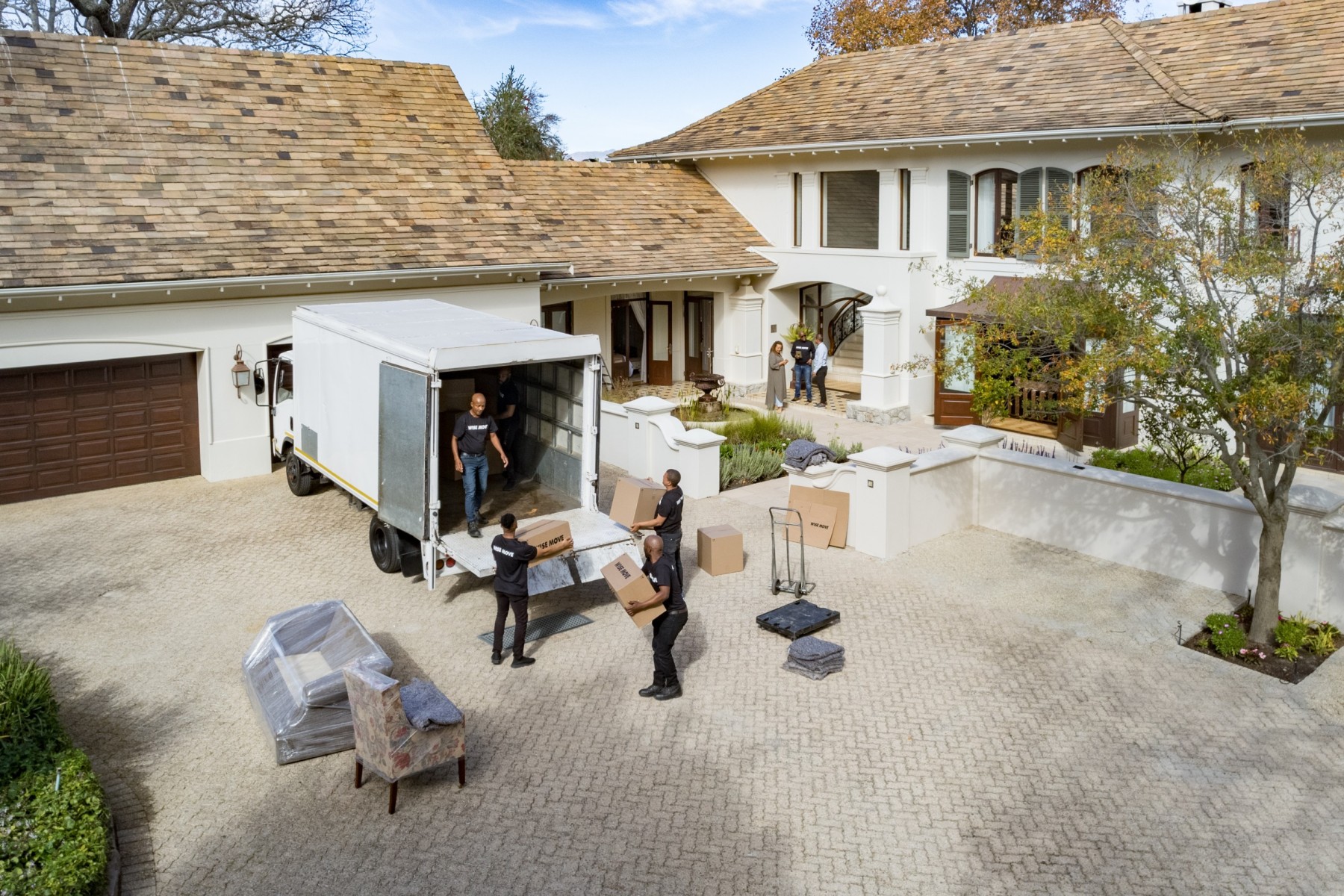 House prices and rent in South Africa are generally much lower than in most developed economies. A partial exception is Cape Town, whose vibrant tourism sector and growing economy mean that property prices and rents are higher than in other major metros. Many South Africans have also been relocating to the Cape from elsewhere due to the perception that it offers better lifestyles and governance standards.
House prices and rent in South Africa are generally much lower than in most developed economies. A partial exception is Cape Town, whose vibrant tourism sector and growing economy mean that property prices and rents are higher than in other major metros. Many South Africans have also been relocating to the Cape from elsewhere due to the perception that it offers better lifestyles and governance standards.
Accommodation costs are about 50% higher in Cape Town than in Johannesburg, even though salaries are fairly similar in Johannesburg.
Average rental costs in major SA cities
|
Home type |
JHB |
Pretoria |
Cape Town |
Durban |
National City Ave. |
|
1 bed in city centre |
R7,400* |
R7,180 |
R13,718 |
R6,841 |
R8,784 |
|
3-bed in suburbs |
R12,173 |
R13,041 |
R17,981 |
R10,684 |
R13,469 |
*Rents in the old Johannesburg city centre are cheaper than in newer business districts such as Sandton.
The average rental for a one-bedroom apartment across major South African cities is R8,784.
What does food cost in SA?
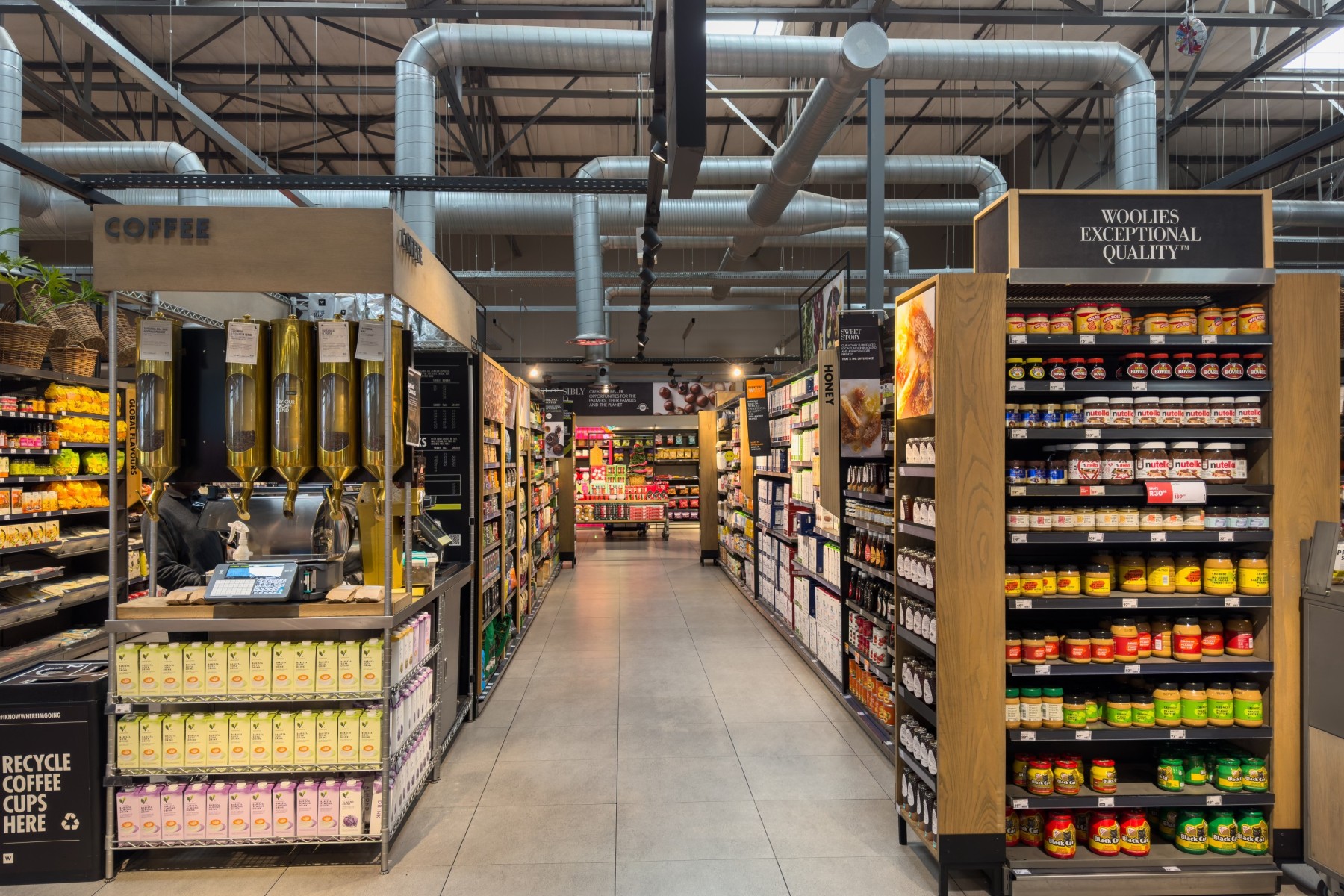 Food prices in supermarkets vary. Basic staples are very affordable, while premium-quality foods, especially imported products, are priced similarly to those on shelves in the UK or Europe. Quality standards are very high at the large supermarket chains in South Africa.
Food prices in supermarkets vary. Basic staples are very affordable, while premium-quality foods, especially imported products, are priced similarly to those on shelves in the UK or Europe. Quality standards are very high at the large supermarket chains in South Africa.
The December 2024 BFAP Thrifty Healthy Food Basket index estimates that a budget of R3,833 will feed a family of four for a month. This would cover only basic nutritional needs—the basket includes 26 food items affordable for low-income households in South Africa. Expect to pay a lot more for a higher quality and variety of food.
For an indication of the differences between cities, you’ll pay R46 for a dozen eggs in Johannesburg, R42 in Pretoria, R43 in Cape Town, and R38 in Durban. A loaf of bread in South Africa sells for about R19, while a mid-range bottle of wine will cost you between R80 and R100.
To give a family of four a varied, tasty and healthy diet, including more expensive items such as fresh fruit, olive oil, butter and filter coffee, plus cleaning products and toiletries, you'll need to spend about R11,000 a month.
The cost of getting around
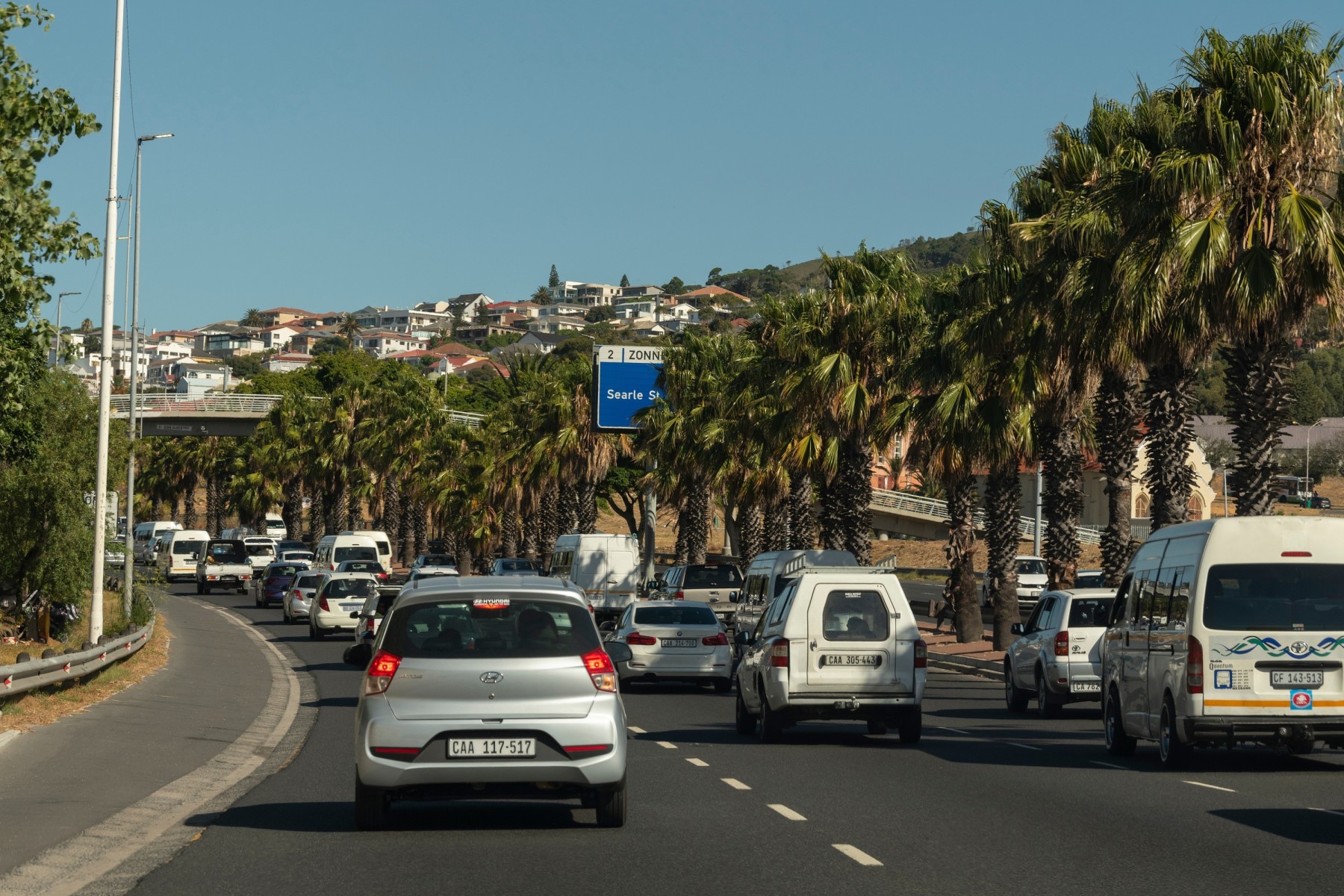 Transportation costs in South Africa are much higher if you drive your own car. Monthly expenses for car owners would include fuel, insurance, maintenance costs, tolls and parking fees.
Transportation costs in South Africa are much higher if you drive your own car. Monthly expenses for car owners would include fuel, insurance, maintenance costs, tolls and parking fees.
The average transport budget for drivers typically ranges between R4,500 and R6,500 per month, excluding car finance repayments.
Public transport is much cheaper. However, it varies according to your mode of transport and whether you travel daily or occasionally.
The prices of monthly citywide bus passes (or the equivalent, covering two journeys each weekday) are roughly comparable in the three biggest cities.
They will set you back R880 in Durban, R1,000 in Cape Town and R1,053 in Joburg.
A minibus taxi journey in major cities in South Africa typically costs between R10 and R25 per trip, but many commuters living in outlying suburbs need to take two or even three trips to get to their workplaces. Hence, the average taxi commuting cost per day is between R40 and R70.
E-hailing services will typically cost R10 per kilometre when demand is normal. Both minibus and e-hailing costs are low by international standards.
Water, lights and comms
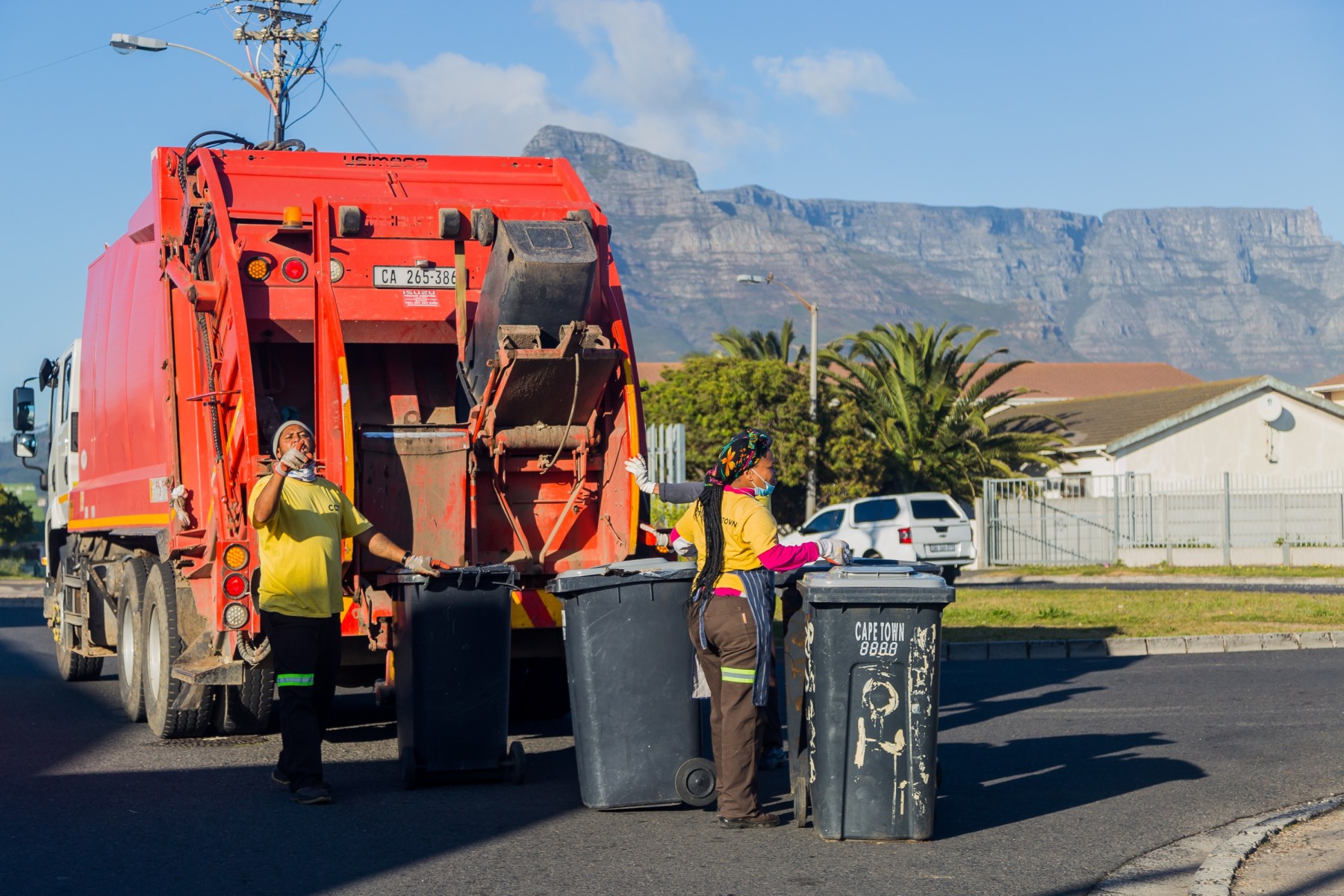 You’ll also need to budget for household services like electricity, water, internet and garbage removal—which is usually billed as part of municipal rates bills—along with your mobile phone costs.
You’ll also need to budget for household services like electricity, water, internet and garbage removal—which is usually billed as part of municipal rates bills—along with your mobile phone costs.
A single person will likely pay between R1,500 and R3,500 per month in total for water, power and refuse collection, depending on consumption. The big-city average is R2,128.
However, these bills do vary between metro municipalities. Basic utilities in Johannesburg come to an average of R2,157 per month for an 85m2 apartment, while Cape Town’s utilities are more affordable (and also more reliable) at R1,914. The two priciest cities when it comes to utilities are Durban at R2,539 and Pretoria at R2,336.
Mobile phone expenses are variable—shopping around for a good contract is strongly advised. Standard mobile phone bills that include 10GB of data come to an average of R565, while uncapped broadband internet in South Africa averages R731. In many areas, fibre (cable) internet is unavailable. Mobile data coverage is good, and data costs are trending cheaper.
Your bill for good health is…
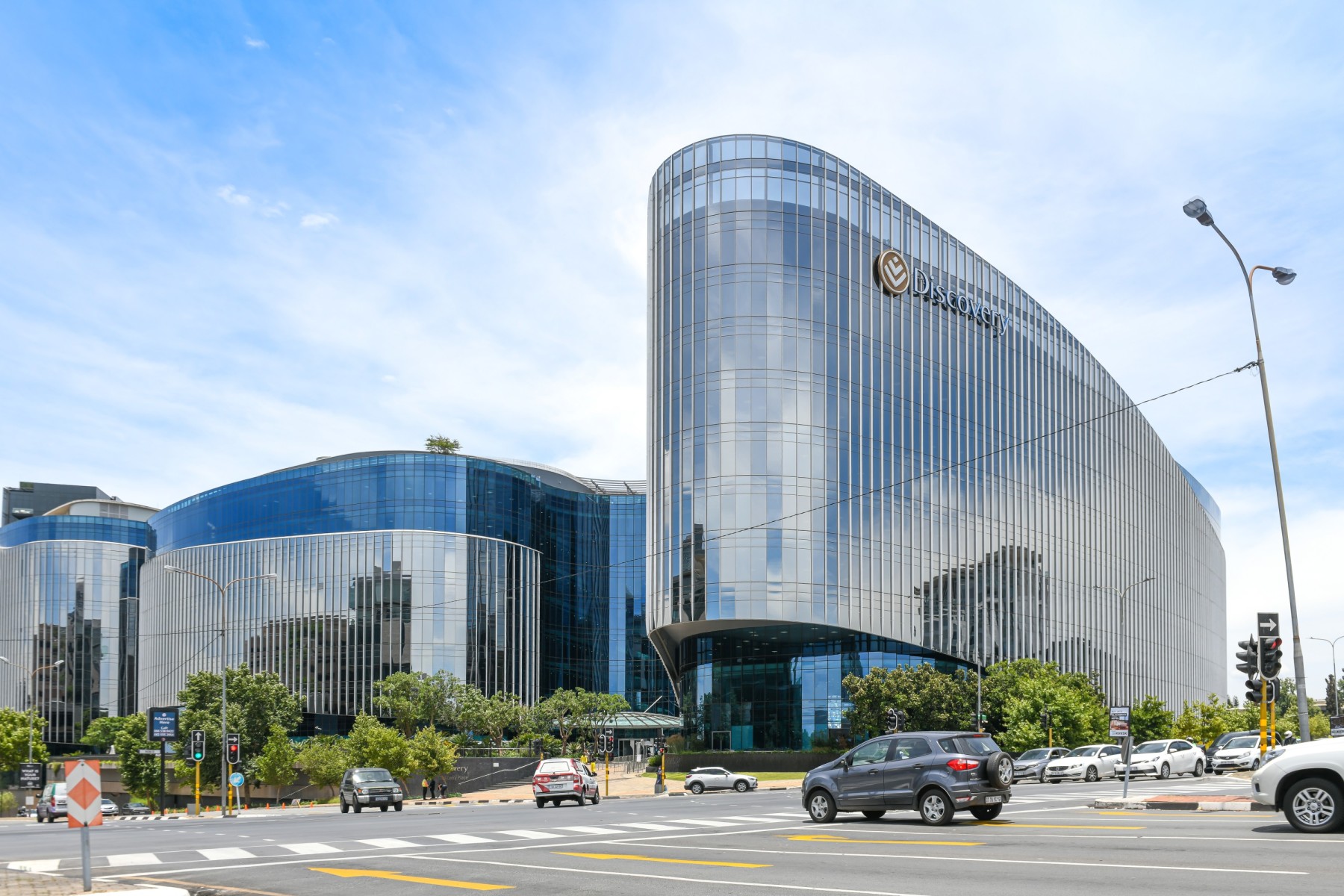 The public healthcare system in South Africa is understaffed, and the quality of care is not reliable. People who can afford health insurance usually opt for the excellent private healthcare sector, which often matches the highest global standards.
The public healthcare system in South Africa is understaffed, and the quality of care is not reliable. People who can afford health insurance usually opt for the excellent private healthcare sector, which often matches the highest global standards.
To ensure your access to private healthcare, you can choose between a wide range of health insurance packages—whether privately or through your employer, which may contribute to some of your premium.
The typical in-person GP consultation in South Africa is an affordable R600 per visit, some of which may be reimbursed to you by your insurer.
A basic hospital plan, which will ensure emergency admission to a network of private hospitals, will cost an average of R1,600 per person.
Comprehensive insurance will cost up to R5,000 per family member, some of which will go into a savings account for routine medical costs.
The cost of a good time
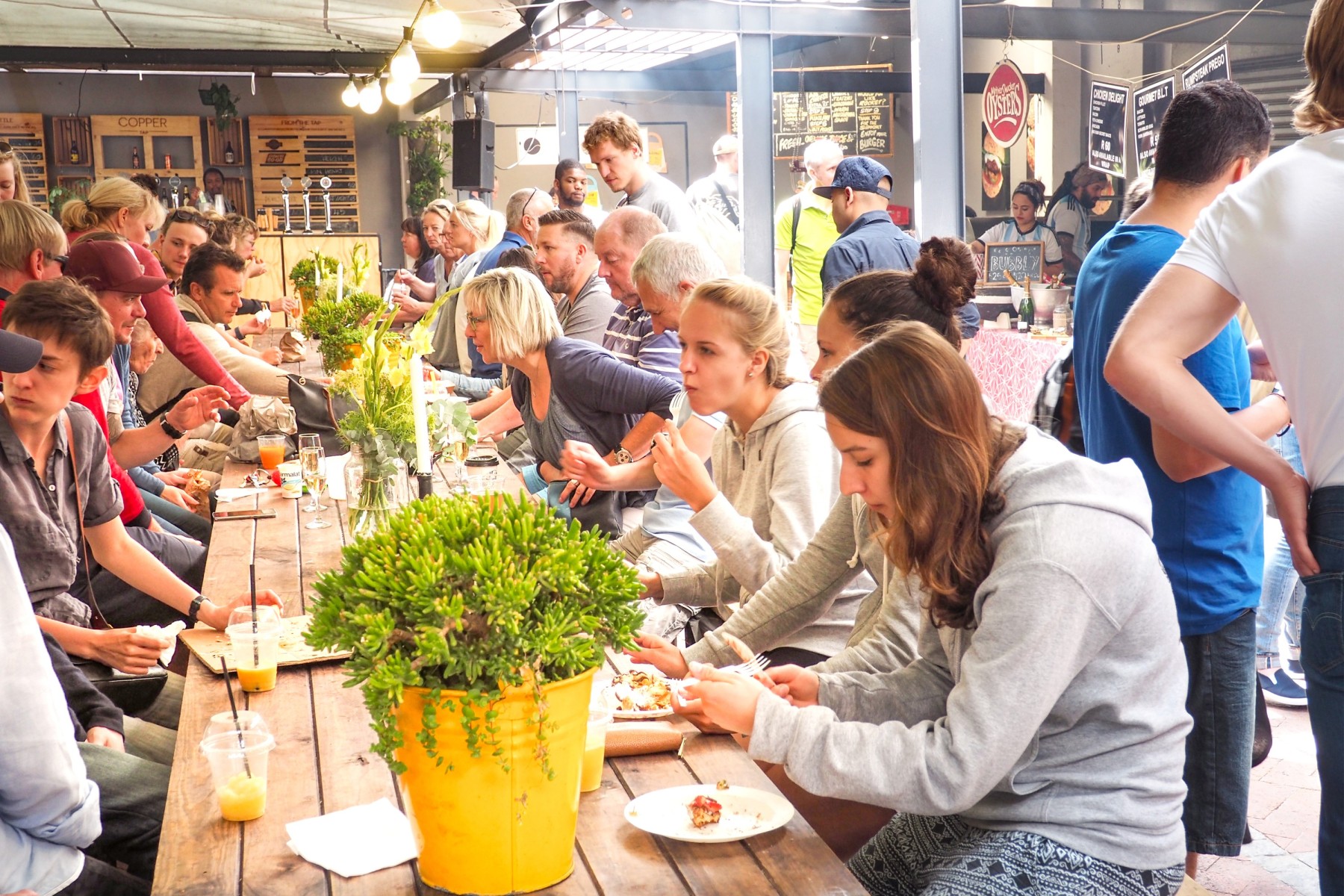 South Africa offers some wonderful entertainment options that are either free or very cheap, such as public amenities like beaches, parks, and sporting facilities. There’s also a lot of good value to be found at a price—excellent restaurants, museums and live entertainment, plenty of shopping and spectacular tourist attractions.
South Africa offers some wonderful entertainment options that are either free or very cheap, such as public amenities like beaches, parks, and sporting facilities. There’s also a lot of good value to be found at a price—excellent restaurants, museums and live entertainment, plenty of shopping and spectacular tourist attractions.
Of course, one person’s luxury is another’s necessity, so it’s hard to put a number on an entertainment budget—a rough range is between R2,500 and R5,500 for a four-person family.
If a family of four eats out at a mid-range restaurant and goes to the cinema, the total bill for the evening would come to around R1,200.
Eating out in South Africa is much more affordable than in Europe or the US, and local wine and beer are cheap. Just remember to factor in an extra 10% to 20% for your waiter, who depends on tips to make ends meet.
A three-course meal for two people at a mid-range restaurant can cost R525 in Durban, R600 in Pretoria, and around R800 in Cape Town and Johannesburg.
In both Cape Town and Johannesburg, a flat white coffee will set you back up to R40, a domestic draught beer up to R50, and a glass of wine up to R70. A cinema ticket in South Africa can cost up to R120.
The cost of knowledge
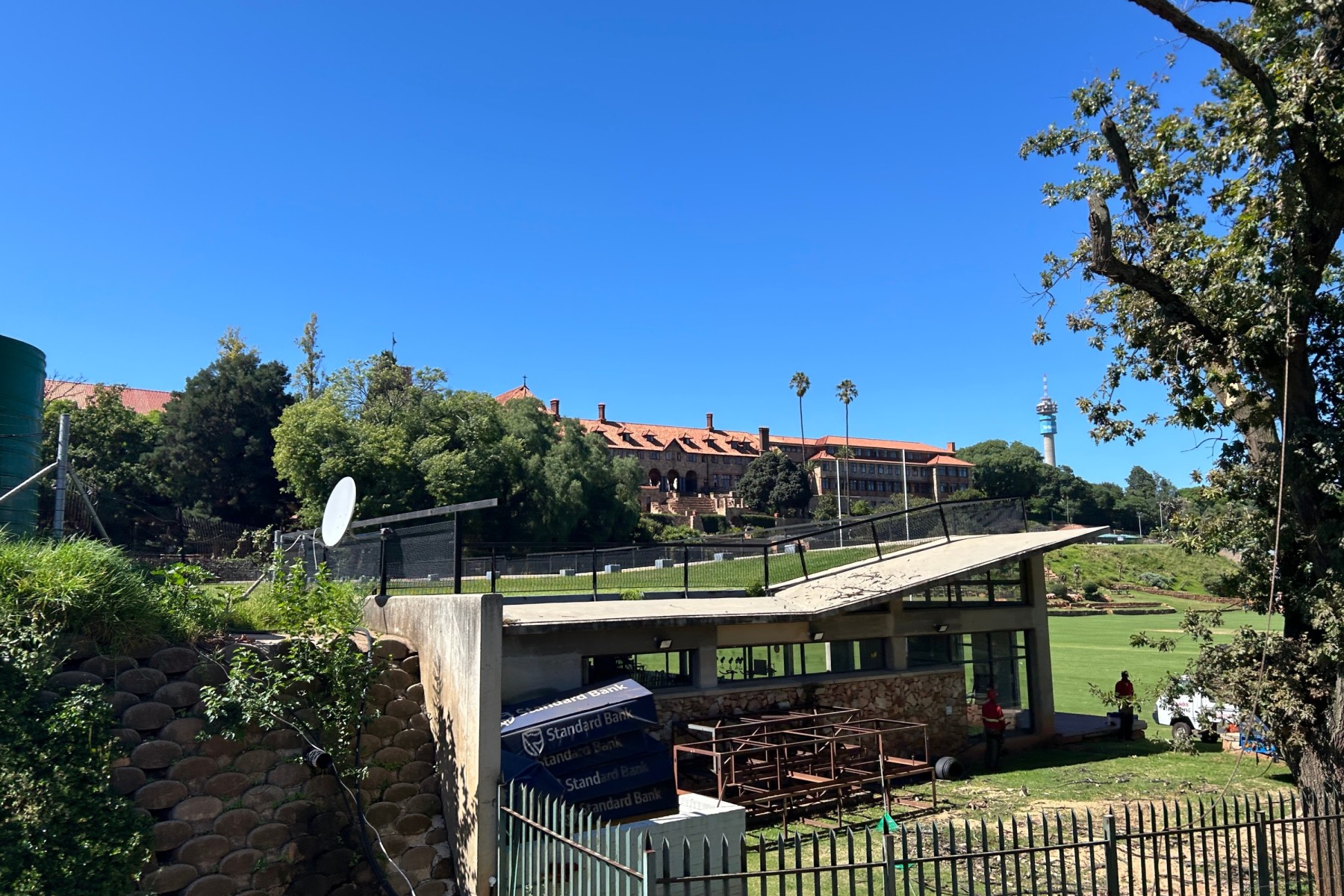
SA’s state education system is troubled, but it includes some excellent state schools in major cities, whose fees average about R2,500 per pupil per month for a junior school and about R5,000 per month for a high school. Private schools cost significantly more—up to R20,000 per month. Many ordinary families opt for the more affordable private schools due to the scarcity of places at good state schools.
Our estimate will include a modest average of R7,500 per month for school education.
This money could go towards other long-term investments—in the case of single people or non-parents, such as professional coaching, or saving for a start-up.
Which all comes to … (drum roll)
To live comfortably as a single person in SA, you'll need to take home R27,600 in South Africa in 2025.
That means you, as a single person, can pay for your rent, utilities, food, transport and healthcare—and still have a bit of leeway for savings, a few luxuries, good schools and entertainment.
According to Numbeo’s latest data, the average net salary in South Africa is lower than this ‘comfortable’ budget, at R23,392 per month.
That said, many skilled workers earn far more than this, and Numbeo also reports that average salaries exceed or come close to our comfortable budget in four major cities. The highest average take-home salaries are earned in Pretoria at R28,006, followed by Cape Town at R26,198, and Johannesburg at R24,094.
That means disposable income is likely highest in Pretoria since its typical living costs are slightly lower than in the other two cities, while its salaries are slightly higher.
It’s also worth noting that if you want to enjoy a lifestyle that includes regular entertainment, a few luxuries, good food and travel, plus a healthy 20% ratio of savings for retirement, you'll need a take-home income quite a bit higher than our conservative estimate of R27,600. This is also the case if you are the sole breadwinner for a large household.
South Africa is, on the whole, an affordable and very enjoyable place to live if you have a solid income, offering a lifestyle that can be hard to match in many wealthier countries around the world.
Make a wise move in South Africa
Looking to make your move anywhere in South Africa just as seamless, stress-free, and comfortable as your new lifestyle? Wise Move’s smart platform turns the hassle of finding reliable movers into a simple success story.
Just enter your delivery addresses, upload your itinerary and a few details about your move, and you’ll be matched with quotes from fully vetted South African moving companies. Compare reviews, check insurance, and choose the movers that suit you best. It’s the ultimate budget-meets-brain smart move.
What do our customers say?


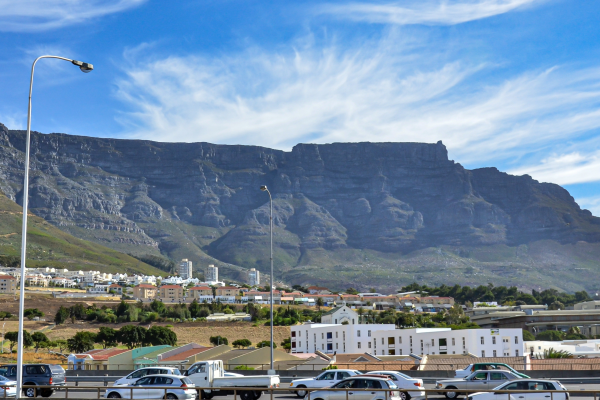
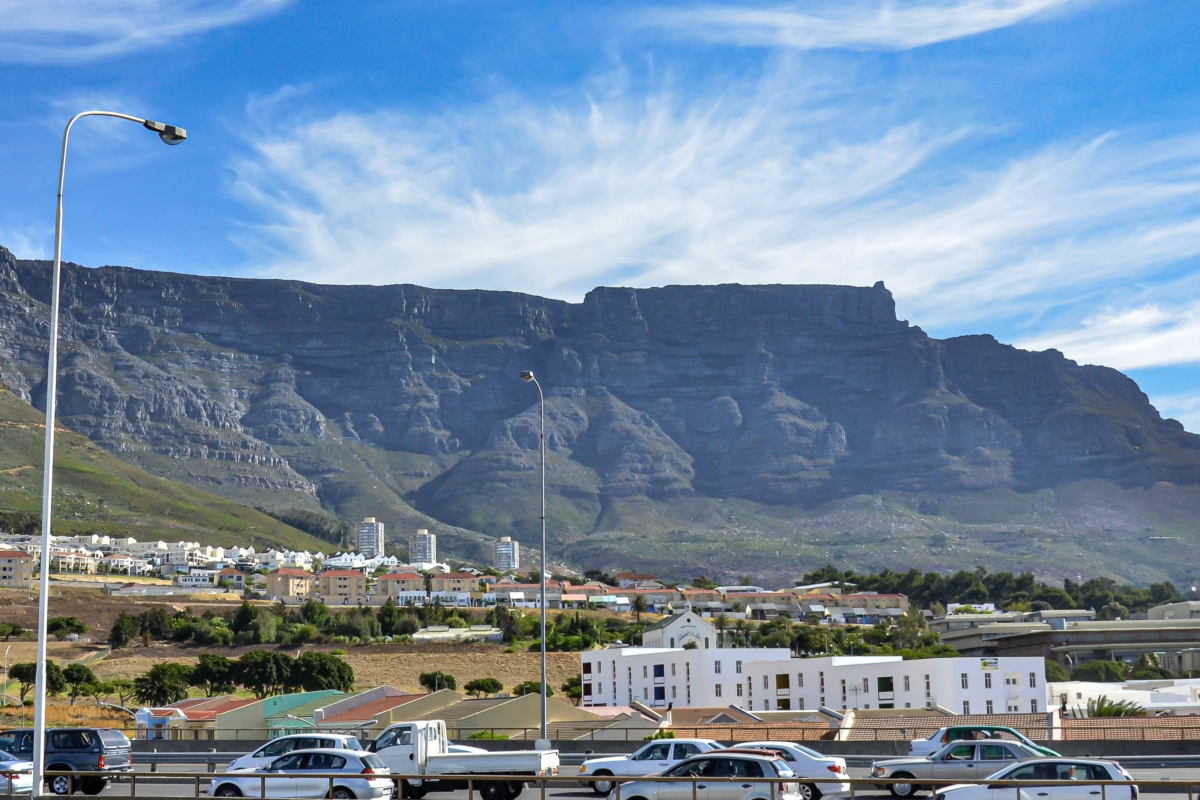
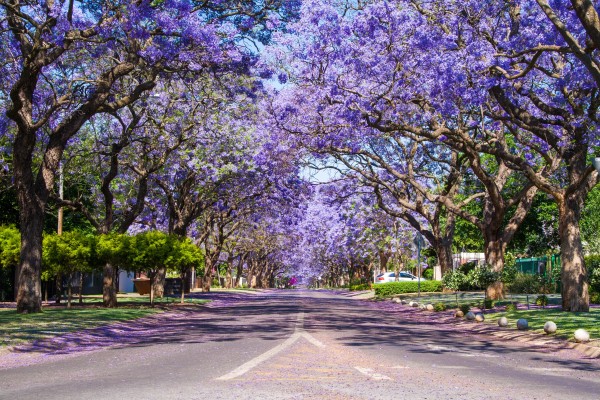

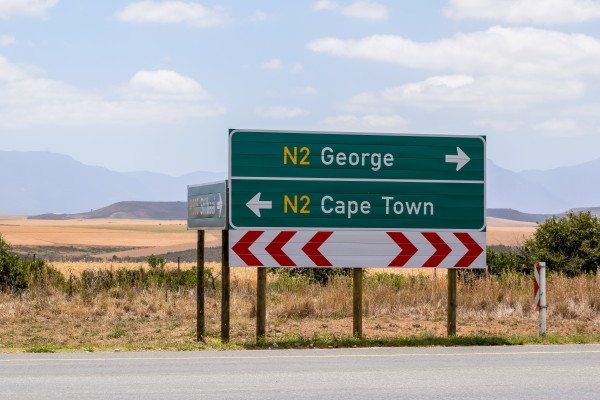
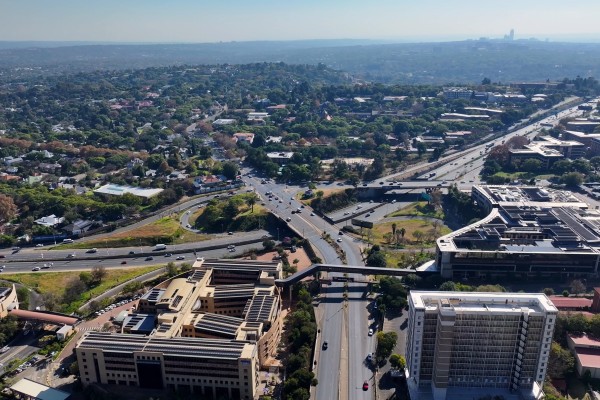
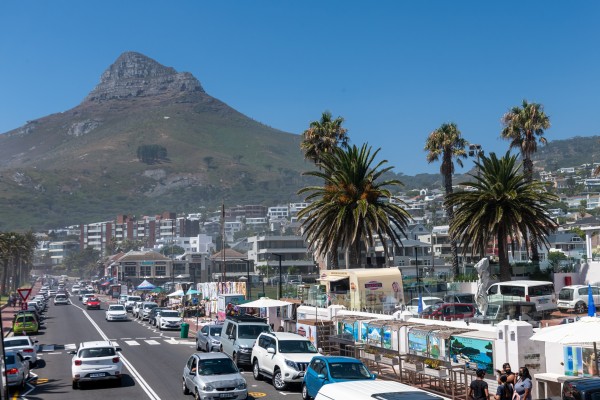
![The Cost of Living in Durban [2025] The Cost of Living in Durban [2025]](https://cdn.wisemove.co.za/image/blog/33d6922f3018eeb43ebed98163e7b2cd.jpeg)
